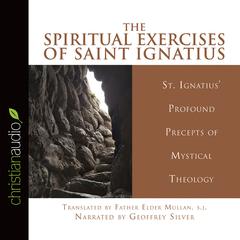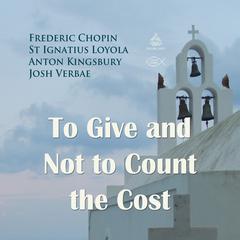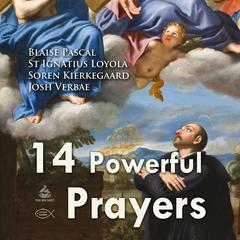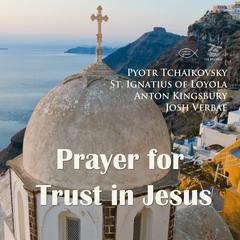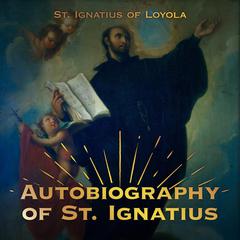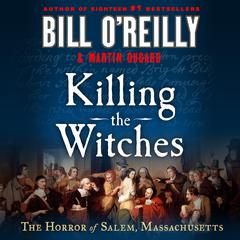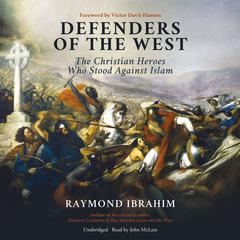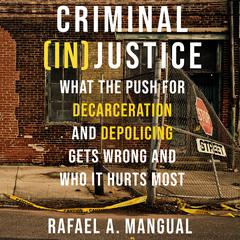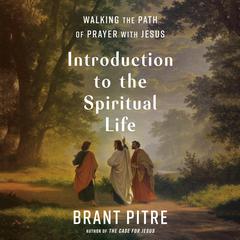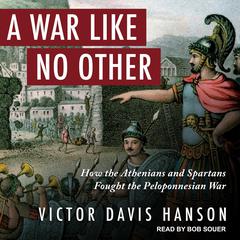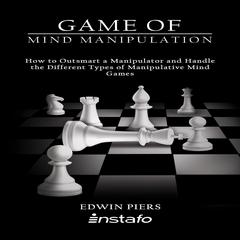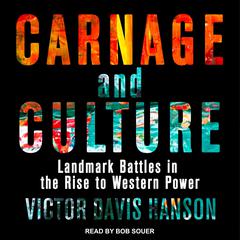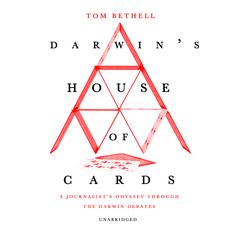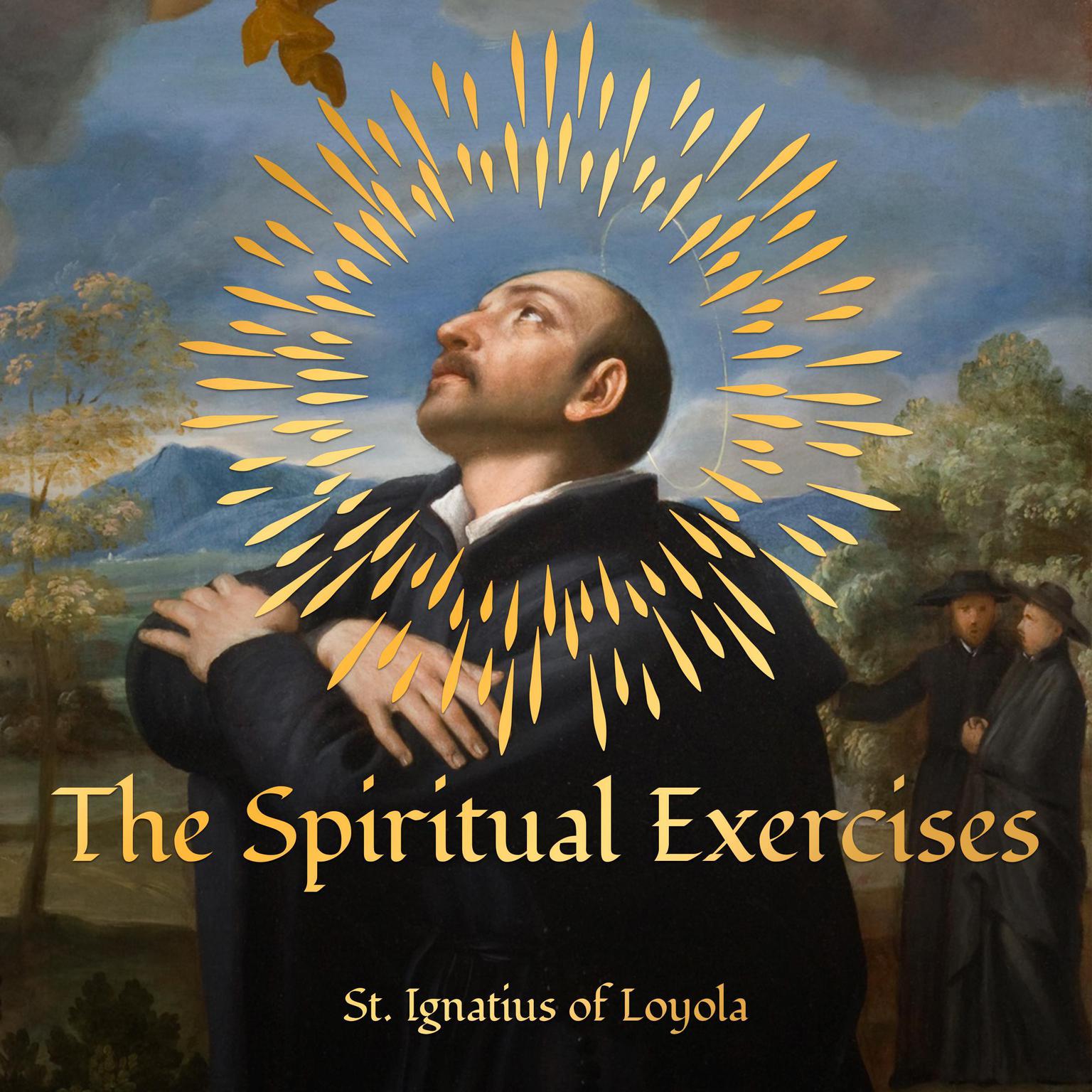 Play Audiobook Sample
Play Audiobook Sample
The Spiritual Exercises Audiobook
 Play Audiobook Sample
Play Audiobook Sample
Quick Stats About this Audiobook
Total Audiobook Chapters:
Longest Chapter Length:
Shortest Chapter Length:
Average Chapter Length:
Audiobooks by this Author:
Publisher Description
The Spiritual Exercises of Ignatius of Loyola, written between 1522 and 1524, are a set of meditations, contemplations and prayers by Saint Ignatius of Loyola, the founder of the Jesuits. They are divided into four thematic parts and composed with the intention of helping participants in religious retreats to discern the will of God in their lives.
Download and start listening now!
The Spiritual Exercises Listener Reviews
Be the first to write a review about this audiobook!
About Ignatius of Loyola
Saint Ignatius of Loyola (1491–1556) was trained as a page at the court of Castile and served as Spanish knight. Wounded at the siege of Pamplona in 1521, he underwent a deep conversion, eventually travelling to Jerusalem to study, following the example set by such figures as that of Francis of Assisi. He attracted like-minded students, and in 1534 they took vows and formed the Society of Jesus, popularly known as the Jesuits. He was elected superior general and lived in Rome, organizing the astonishing spread of the Jesuits and emerging as a religious leader during the Counter-Reformation. He was canonized in 1622.




